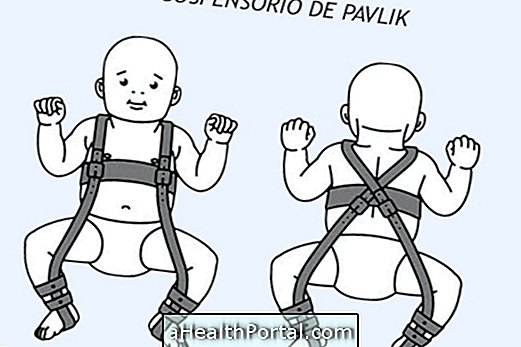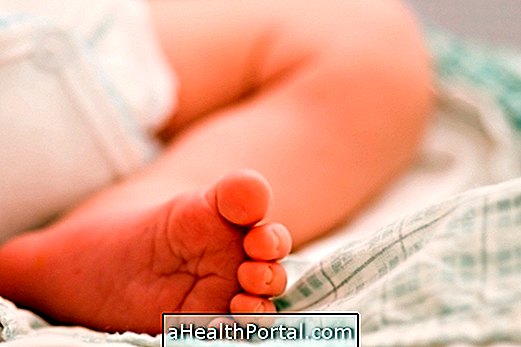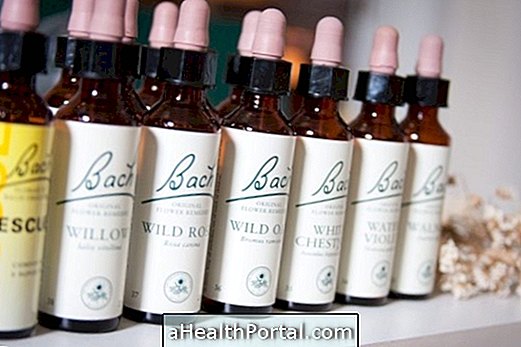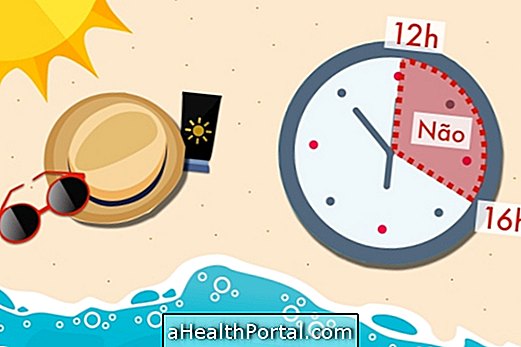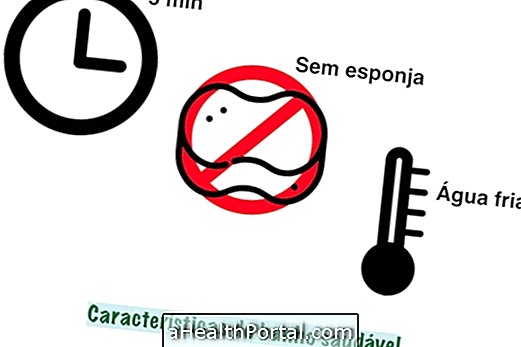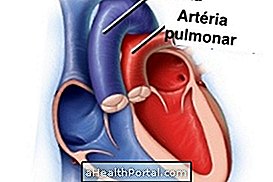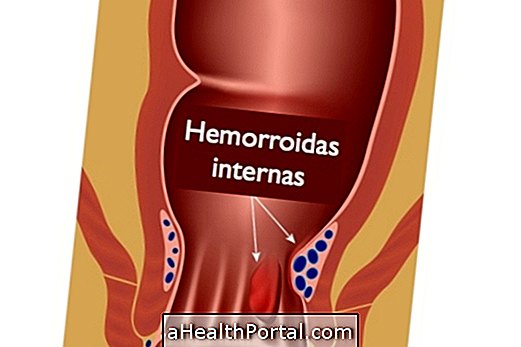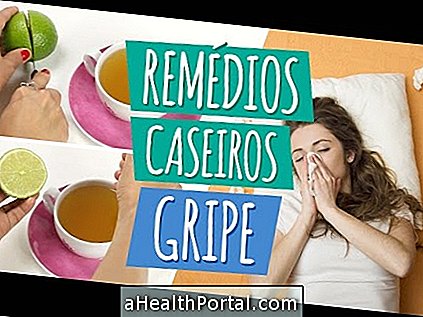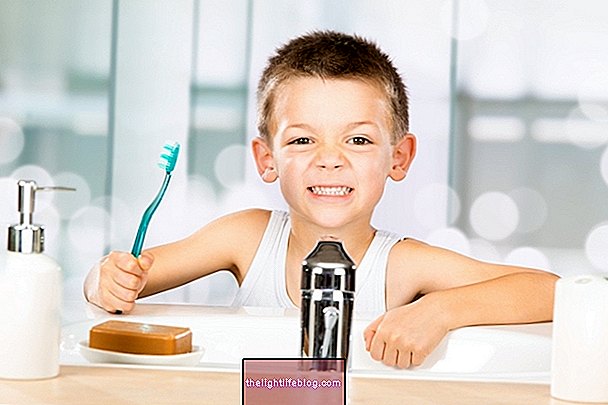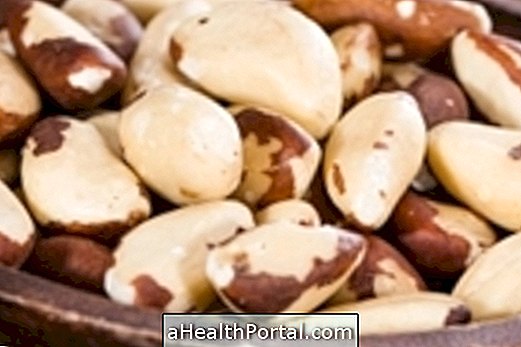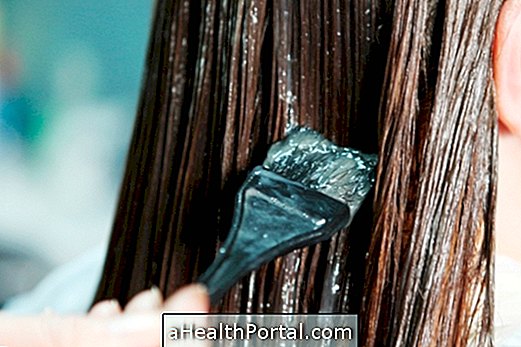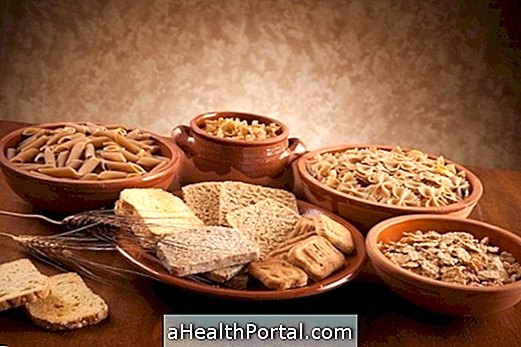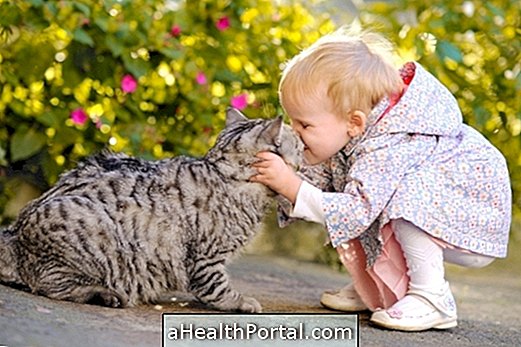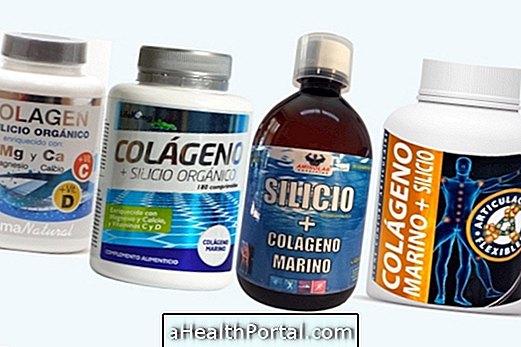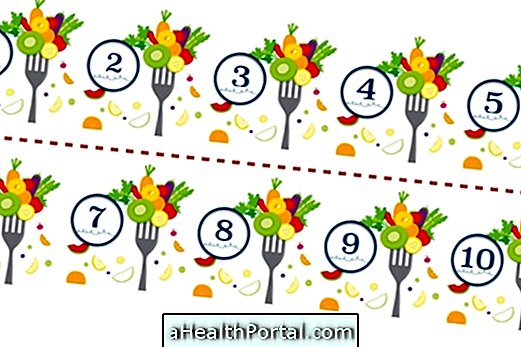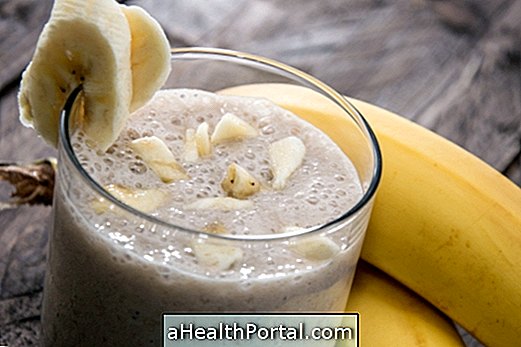Canker sores in infants, also known as stomatitis, are characterized by small sores in the mouth, usually yellowish in the center and reddish on the outside, which may appear on the tongue, on the roof of the mouth, on the inside of the cheeks, gums, mouth or throat.
Canker sores are an infection caused by a virus and are painful, especially when chewing or swallowing, causing the baby to become irritated, crying, not wanting to eat or drink and very much babe. In addition, they can cause fever, bad breath, difficulty sleeping, and throats in the neck.
Typically, canker sores disappear within 1 or 2 weeks, however, symptoms improve in about 3 to 7 days when treatment is performed. The treatment can be done with analgesic medicines, such as Paracetamol or Ibuprofen, guided by the Pediatrician and with the adoption of some care, such as offering liquids, preferably cold, for the child not to dehydrate.
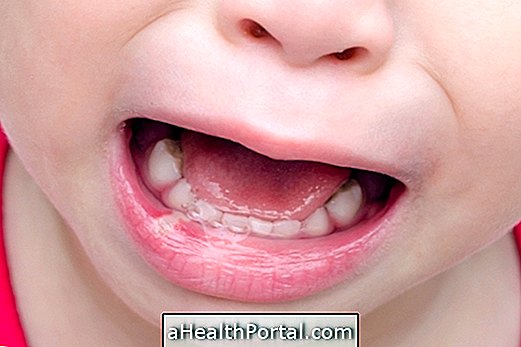
Thrush on the baby and thrush are different infections because the thrush is caused by a fungus and is characterized by white dots similar to milk that may also appear in any region of the mouth. Learn more about baby thrush.
Treatment Options for Thrills in Baby
Typically, the symptoms of cold sore improve in about 7 to 14 days, however, there are some forms of treatment that can reduce discomfort and speed recovery. These include:
1. Remedies for cold sore
The most common remedies used to treat thrush are analgesics, such as Ibuprofen or Acetaminophen, which alleviate the inflammation and pain of the cold sore, reducing the discomfort felt by the baby.
These medicines should only be used with the advice of the doctor, since the doses vary according to the weight of the child.
2. Ointments for children's
Some examples of baby ointment ointments are Gingilone or Omcilon-the Orabase, which have a faster effect than analgesic remedies and stimulate healing. These ointments can be swallowed without risk to the baby, but their effect disappears faster than oral remedies, since they need to be in contact with the sore.
3. Other home care
While the remedies have a great effect on relieving pain and speeding up treatment, there are some home-based care to ensure even more comfort for the baby, including:
- Offer water, natural juices or fruit vitamin, so baby does not dehydrate;
- Avoid giving acidic and fizzy drinks to the baby, as the pain worsens;
- Give cold foods without seasoning such as gelatin, cold soup, yogurt or ice cream, for example, as hot and spicy foods increase the pain;
- Clean the baby's mouth with a gauze or cotton cloth moistened in cold water to relieve the pain.
In addition, it is still important that during the treatment, the baby does not go to day care because it can transmit the virus to other children.



